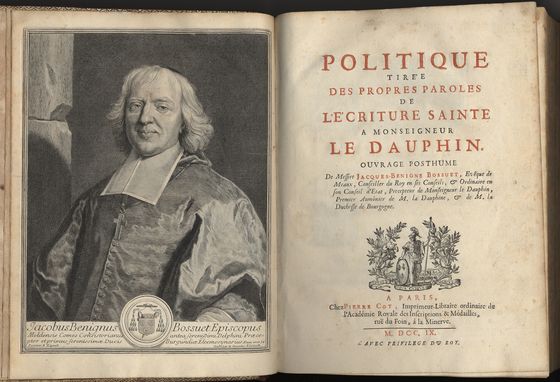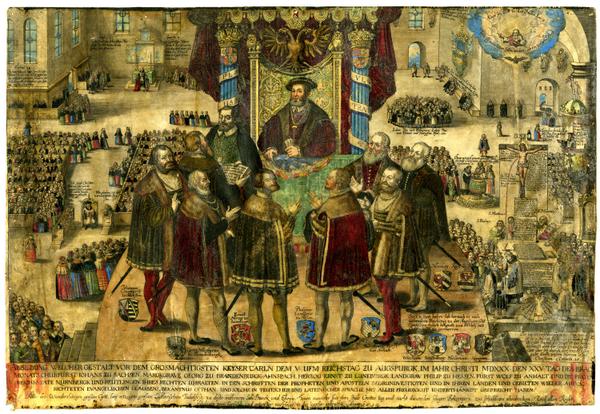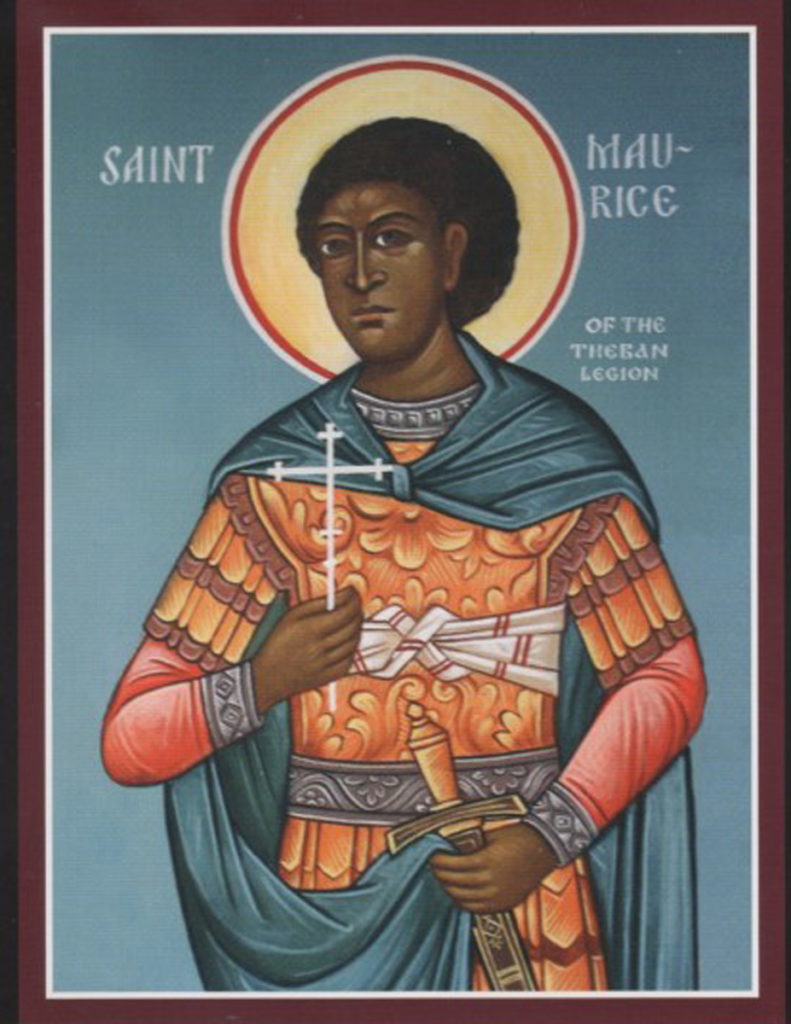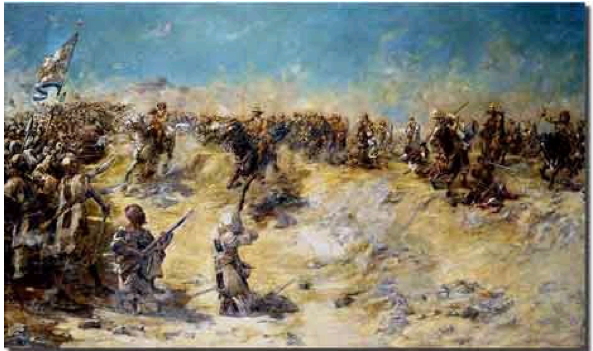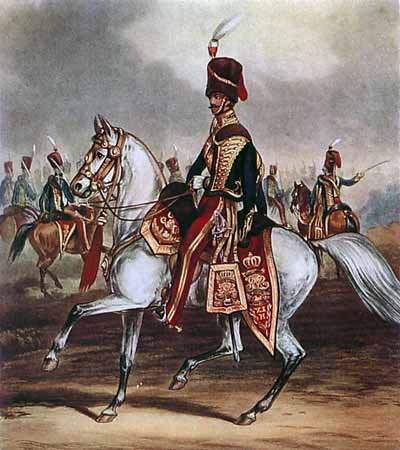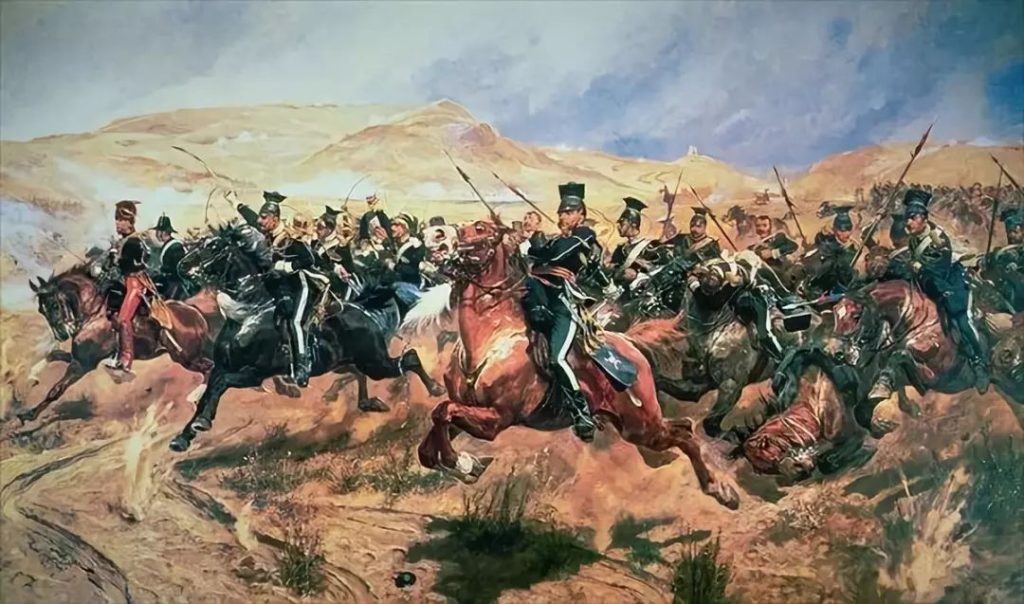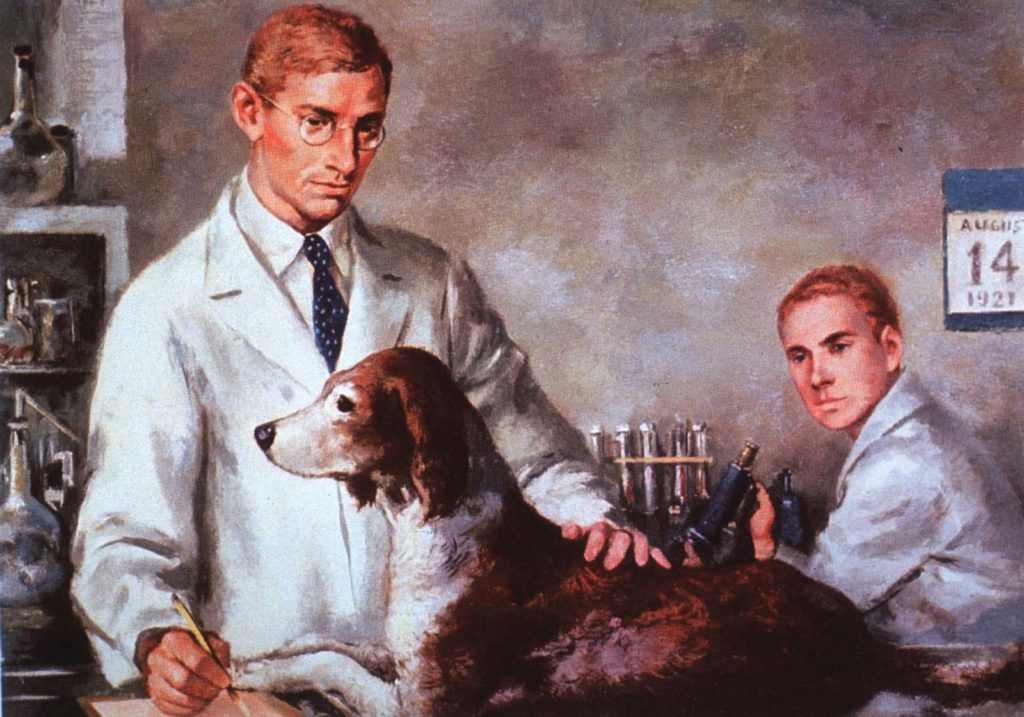1627 Birth of the “Eagle of Meaux”
Jacques-Bénigne Bossuet (1627-1704) has been called the greatest pulpit orator ever; his name is a byword for elegance of speech. As a preacher and Catholic bishop he engaged in the great religious controversies of his time, taking on Protestants, Quietists, ultramontanists and secularists; as a tutor to the heir to the throne he failed miserably.
Bossuet was born to a prosperous provincial family of lawyers with powerful connections. He was destined by his family for the Church and in the amiable corruption of the age became tonsured at age 10 and a canon of the cathedral of Metz at 13. Though he continued to take advantage of sins against canon law such as absenteeism, Bossuet took his religious commitment seriously; he studied for the priesthood under St Frances de Sales and received his Doctor of Divinity.
Even in his teens Bossuet had a reputation as a brilliant public speaker and he eventually attracted the attention of the court of Louis XIV. He preached before royalty and was rewarded with a bishopric and the post of tutor to Louis’ oldest son, the Grand Dauphin. His efforts in this regard were misplaced and wasted. To school the lumpish lad he wrote three grand tomes, a treatise on knowing God and oneself, a history of the world, and a creaky master-piece entitled Politique Tirée des Propres Paroles de L’Ecriture Sainte. [This is the book I translated as Political Theory Drawn from the Very Words of Holy Scripture for part of my Master’s thesis.] The latter was the last bold attempt at defending absolute monarchy, no surprise from a courtier of the Sun King, but it fell on deaf ears — not only those of the Dauphin but the larger world about to experience the Enlightenment and the Age of Revolutions. It may be said that Bossuet was born a generation too late but that his golden expressions are still valued by lovers of the French language.
